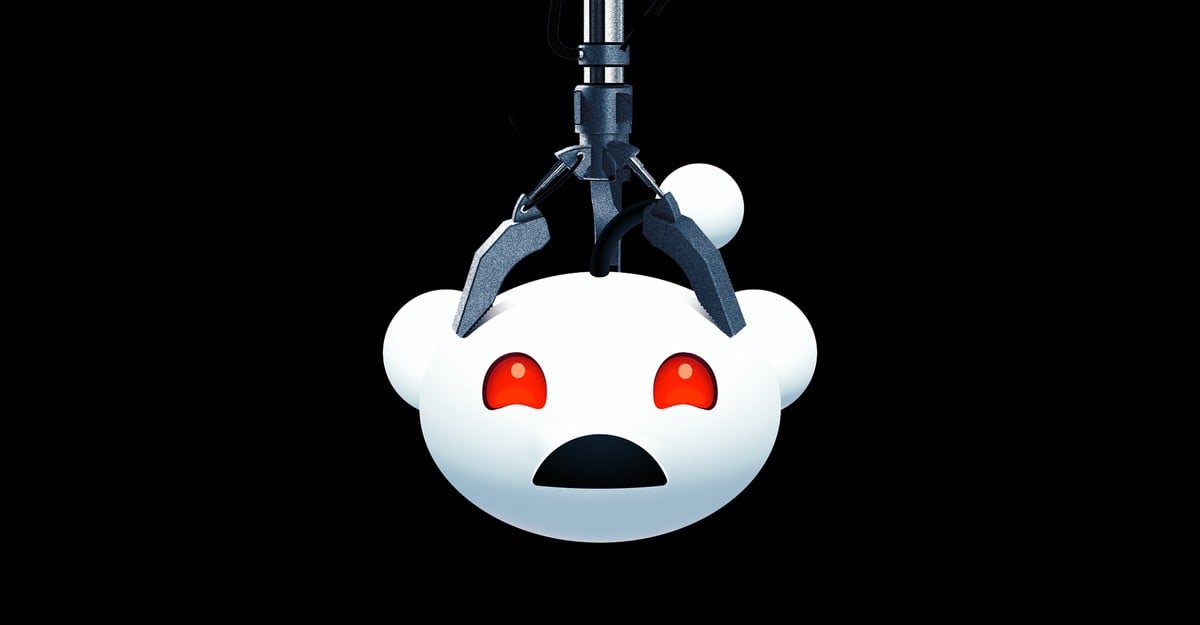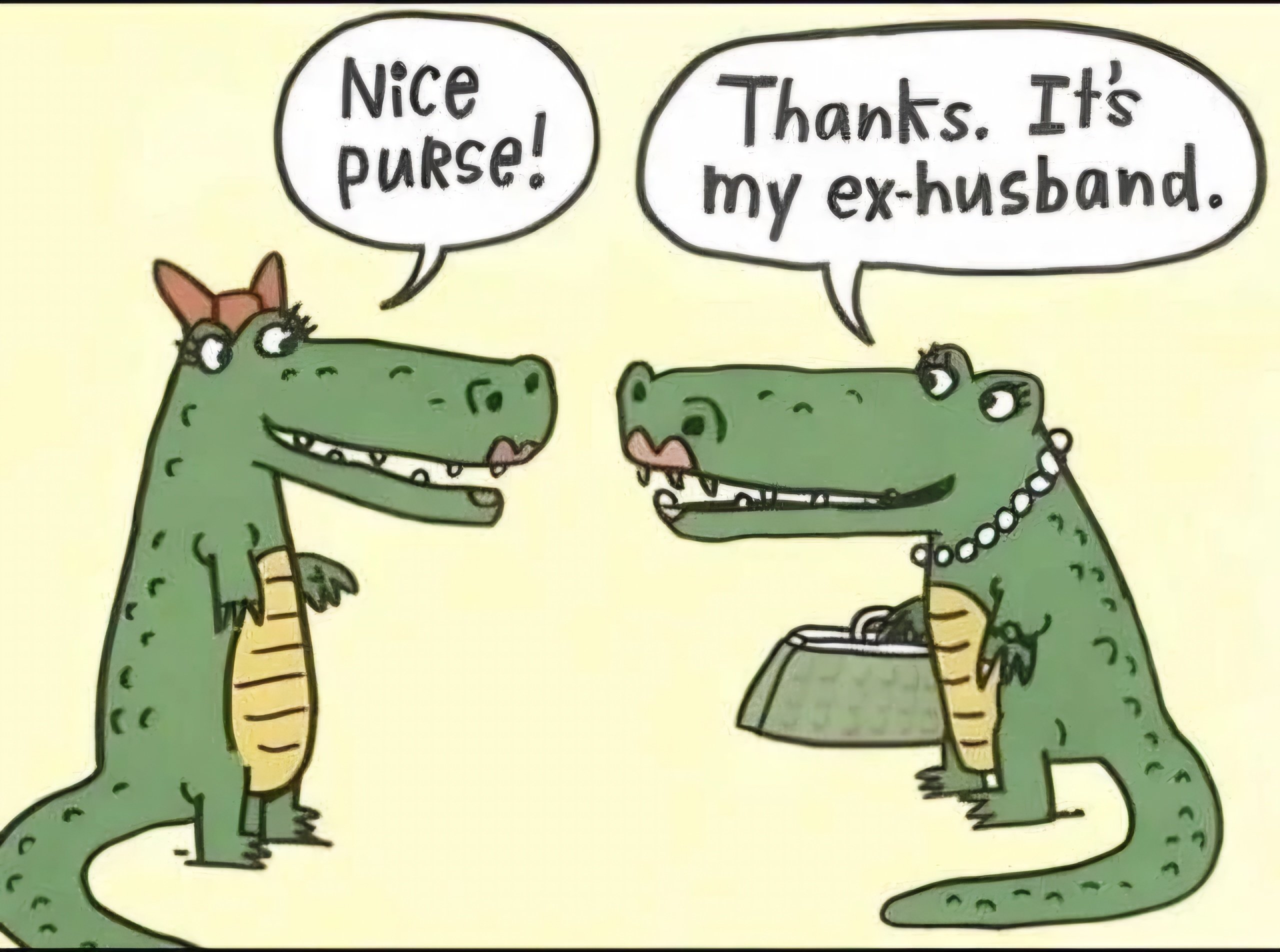- cross-posted to:
- [email protected]
- [email protected]
- [email protected]
- cross-posted to:
- [email protected]
- [email protected]
- [email protected]
Looks like a very interesting article. But the fact that it’s behind a paywall sums up the other problem with the Internet in general: everything has become hyper-monetized and gated.
I dont disagree that getting paywalled sucks (and won’t make any specific comments about The Atlantic) but the alternative is hypertargeted ads plastering every free pixel of the screen and invasive data-scraping.
It might just be a sign of getting older and managing my finances a bit better, but at this point in my life I don’t really cry much when i see good content put behind a paywall (again, no comments about *The Atlantic).
Paid subscription and you still shove ads at me? Fuck off.
I agree with this sentiment and I have no issue paying for that good shit.
My concern is pay walls it is essentially geared for working audults and with money.
That’s not a good world IMHO.
Not sure how to solve, I guess ads is the price for free. While I hate ads as matter of principle and will pay for not having them. The bigger issue is the tracking that comes with ads and paying for no ads don’t stop the tracking unless you actively do something about it.
Our local library gives a fixed amount for publications. In exchange, everyone in my city gets access to the publications (like our local newspaper) for free as long as we have a library card.
No ads and its been widely successful for everyone involved.
Thing is, that there are multitudes of sites I want to read like an article or two. Paying a subscription for all of them just isn’t feasible.
By now I even forgot the name of the project, but there was the idea to pay the actual creator for the article I’m reading.
And I really liked the idea. But as far as I know, that project died - and messy, if I remember correctly.But the idea is still good imho.
I’d have no problem chipping in a bit, when an article is written good and informative. But I don’t want to buy the cow, when I only want a sip of milk.I’m semi-ok with this tradeoff, as long as there are working ways I can get around the paywalls. Once there aren’t, it’s worse as I’m never going to go actually pay monthly for a hundred online papers I mostly don’t value the content of anyway. The main value articles have is as a shared context for discussion and common source of information, and with actually effective paywalls they would be entirely useless for that.
I’m of that generation where the Internet meant that “information needs to be free” but I’ve come around to paying for, aka supporting, (what is IMO) quality journalism and opinion (I’m not necessarily just referring to the Atlantic), especially my local news.
Yeah, that’s a fair point. And I don’t begrudge content creators getting money for their work in general. I was more talking about the fact that some (not necessarily the Atlantic though) hide everything behind paywalls, even when it’s of critical importance to some people’s well-being; or just pay-walling everything without any kind of “n articles are free per month” option. That gets old. Especially for those of us who have been around since web 1.0, when monetization was not the driving force behind information distribution online.
Or the alternative could be to make it freely available and ask for donations. Its a system that has been proven to work for all kinds of conent
I’ll make some specific comments.
The Atlantic does have two tiers of subscription, one is ad free, it’s worth it for me, I wish there was a way to share those articles with everyone without them paying, but yeah 100% agree on the point about ads (didn’t see your comment and made a very similar one).
This is a bad take.
Paywalls are the norm of traditional journalism. People got so used to a bunch of spammy, ad-fed, click bait journalism and now many are not willing to pay for good articles.
I wish there was a better way to discuss these kinds of articles. There are sometimes gift links which are best for smaller group discussions… But nobody’s found a model that isn’t the mess that is ads that also allows “free viewing.”
Eh, newspapers amd magazines had ads, they were just easier to skip
They also had subscriptions… And paywalls… You had to buy them from a newspaper stand or subscribe to have the paperboy deliver them…
Yes, I’m aware. That’s an extension of what you said that I responded to.
Paywalls are the norm of traditional journalism. People got so used to a bunch of spammy, ad-fed, click bait journalism and now many are not willing to pay for good articles.
Huh. You’re not wrong. Newspapers were classic user-fee newsfeeds.
But you could give away your paper when you were done. Is that early BitTorrent?
I don’t know; it’s one of those weird things where digital “cost to copy” being cheap really makes things problematic.
Unlike BitTorrent you were giving away your access to that item and possibly never getting it back; we don’t really have a standard way of doing stuff like that in the digital era. The closest thing we have is very clunky, greedy, and intrusive DRM systems.
Other differences: When you bought a newspaper you got a physical product. You could read it, keep it, frame it, craft with it, or whatever you want. It took labor and machinery to create and distribute. The online article costs nothing to make, isn’t something you can keep or use in any way, in fact at any point you might lose access to it.
See my response to sometime else about this a bit further down, if you like.
But I disagree it’s a “bad take”. I just didn’t word it as clearly at I should have.
I don’t know if that was ever different, but I’m pretty sure that a lot of that is journalists taking themselves way too seriously.
Even the paid sites are often enough filled with tabloid level crap, fluffed up news agency printouts and those god awful “reports” that start with a 500 word description of the door of the interviewee. That’s not journalism and most people are not willing to pay for that.
I tried several subscriptions over the years and honestly, the articles that really added something can be counted on one or two hands. I’m sure I missed a lot of good and valuable articles, but I’m not ready to sift through tons of crap to find a few gems.
What’s Reddit? Is it like Lemmy?
“is Reddit being overrun by AI?” - listen to the narrated version of this article, generated by AI
I mean, AI narration is a genuinely amazing accessibility feature that has nothing to do with Dead Internet Theory but okay, fuck the blind.
At least they won’t see it happening.
I hope Reddit dies soon. It’s been a slow process happening since at least the API changes.
Recently, Reddit seems to have underwent a major vibe shift that has sucked out the last little bits of fun and creativity that still existed there.
Yeah, the vibe shift is extreme. You can attribute some of it to the general vibe shift everywhere - of course the vibes are getting back when the Trump administration is starting to wreck havoc everywhere. But Reddit is taking this to the extreme - if you take a look at the standard frontpage, there is so much senseless ragebait and screenshots of Tweets of stupid, unimportant people. Videos of random idiots for you to be infuriated over. The fun really has left Reddit - I still remember a time where you could see funny memes and really interesting stuff instead of this.
Reddit really lives on old content. Loads of useful advice from real people, helpful recommendations, and questions and answers make Reddit still relevant.
It’s a different story for new content though. Videos and images have been reposted as hell, AskReddit now just revolves around asking the same set of questions, and a lot of niche communities have slowed down.
Yeah the destruction of the niche communities plus the Big Brother style moderation is what drove me away.
To put it in context, I was an active member of a gardening sub specific to my growing zone, and THAT got AI astroturfed to hell and back. Mods did nothing about it. So I say good riddance to the cesspool that reddit has devolved into.
Can you tell me what happened when AI AstroTurf the subreddit?
Which subreddit is it? Would love to see how it looks like now.
Here you go: https://www.reddit.com/r/OhioGardening/ Looks like they cleaned up a lot of the AI spam that was happening a few months ago, but they still let this one crazy guy post his fisheye lens youtube videos with updates about his garden. I’m all for it, but it was honestly annoying AF and most of his videos got downvoted. No one needs self promotion in a gardening sub.
Some Subreddits are really just reposts of old Twitter posts from several years ago with the same ragebait and the same answers every time.
I agree, specialized subs are really the only reason to use it. There are enough people on it that niche subjects have sufficient people to keep the communities going. Lemmy does not have that for all subjects (yet.)
ended, and yes, it was.
The APIcalypse didn’t destroy reddit so I doubt this will. Quality of posts on the popular subreddits has gone down drastically and there’s much more nazi propaganda there now though.
I’m curious what they’ll do to the mods banning Twitter links
to read this story, sign in OR start a free trial.
Reader mode plus refresh saves the day here
Just a note, archive has started gating vpns too.
Or you can try archive.ph to see if they have an archived version of the article.
They do.












